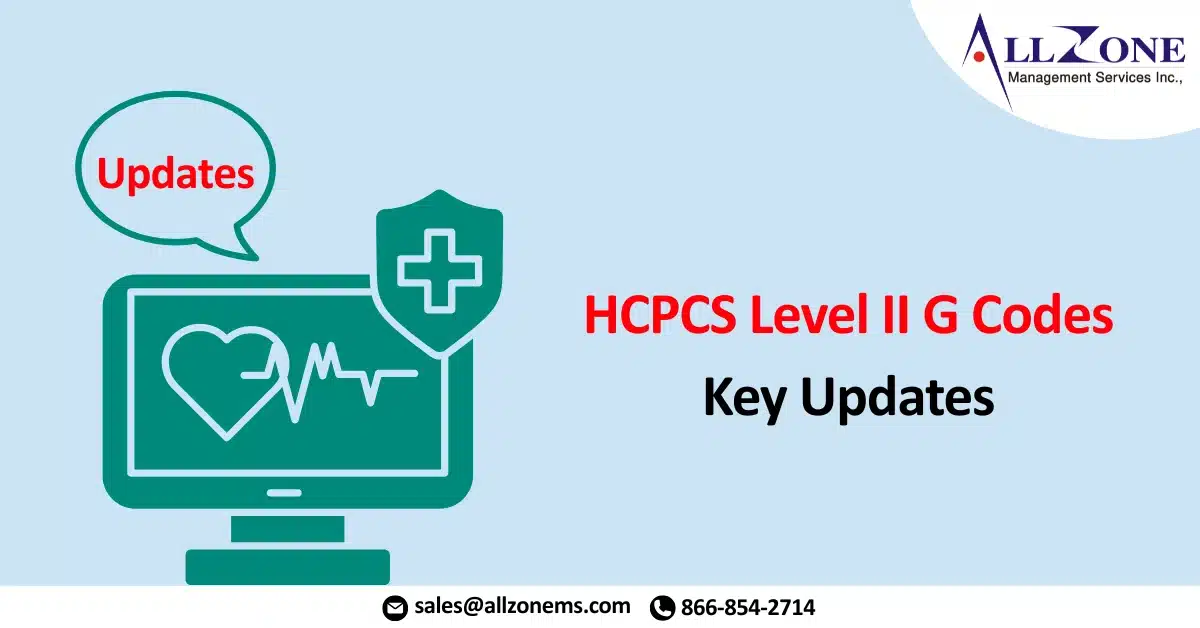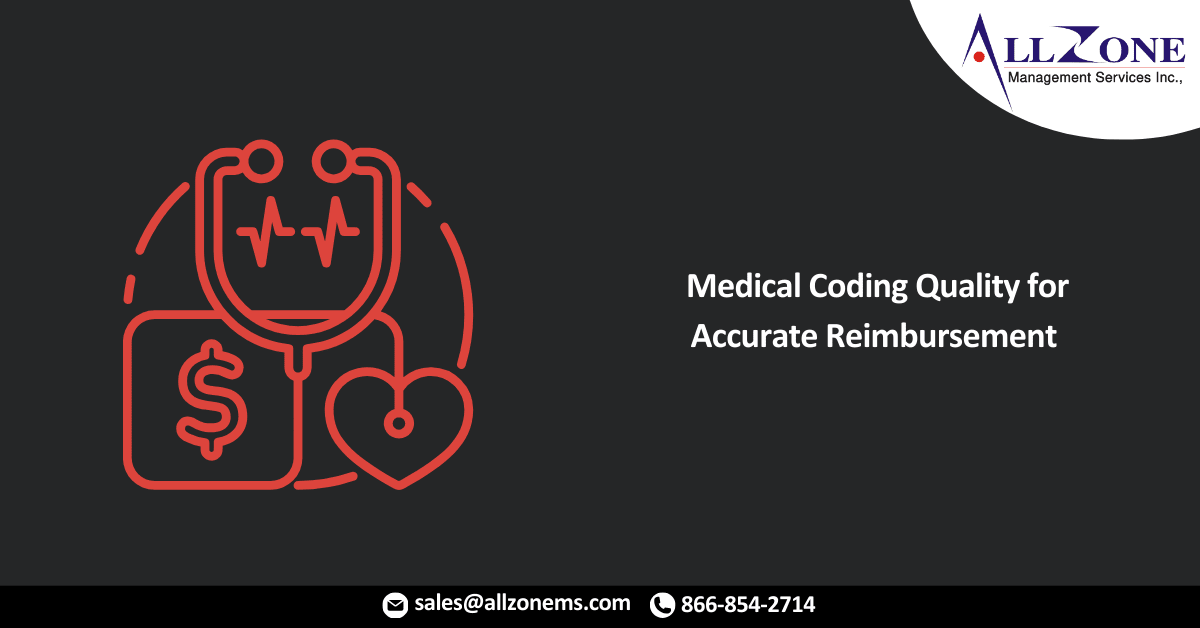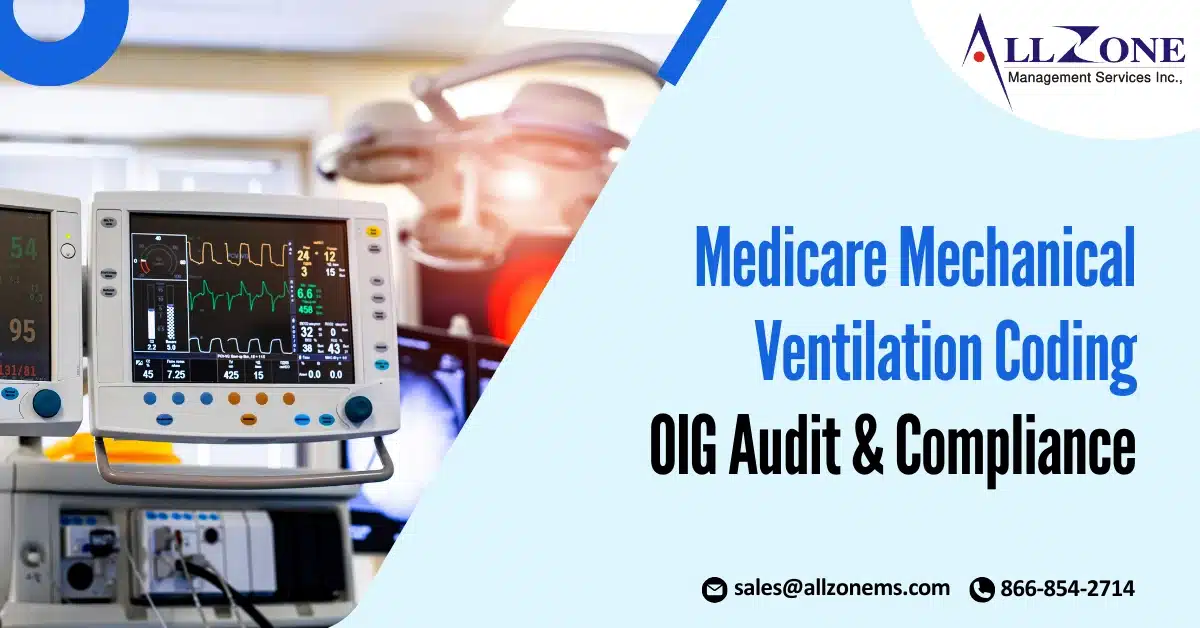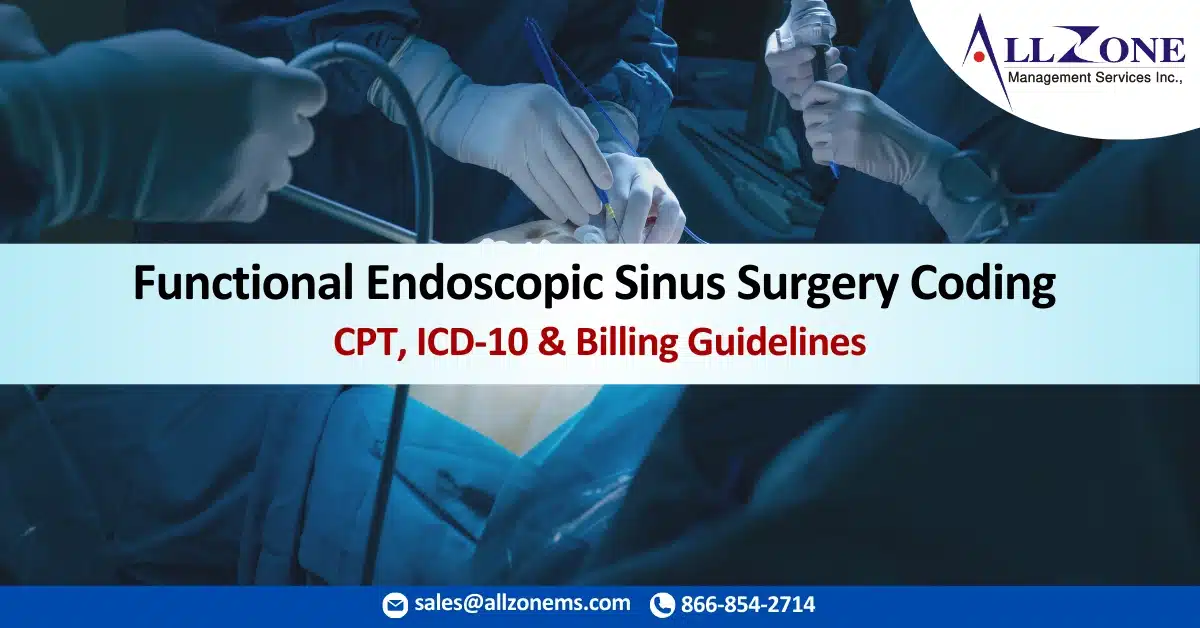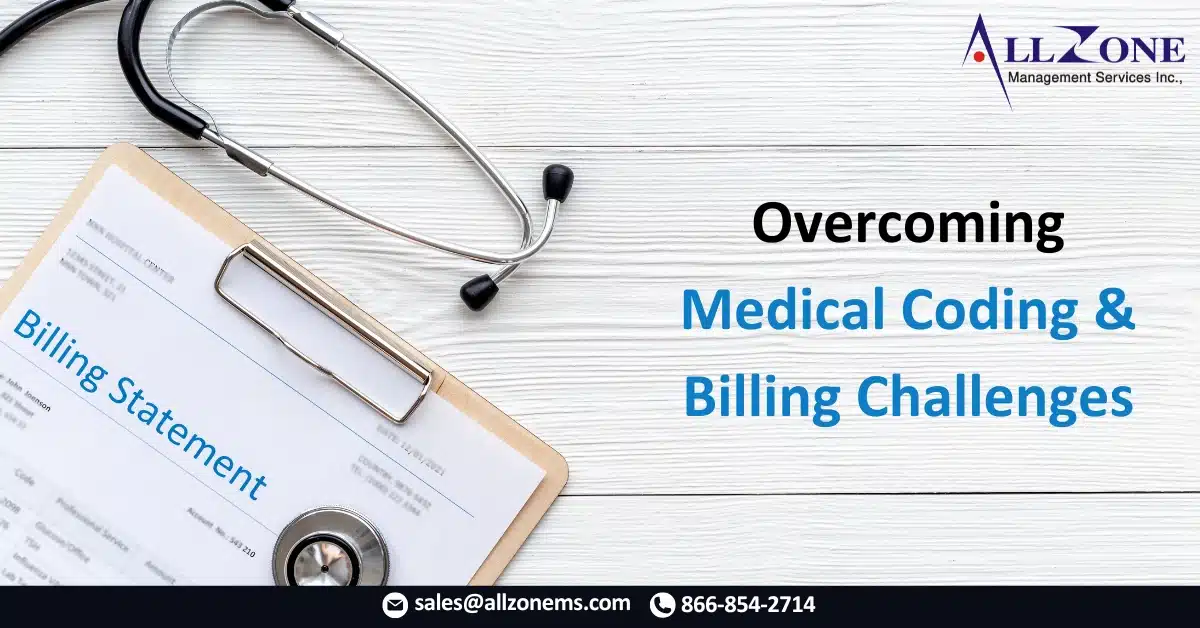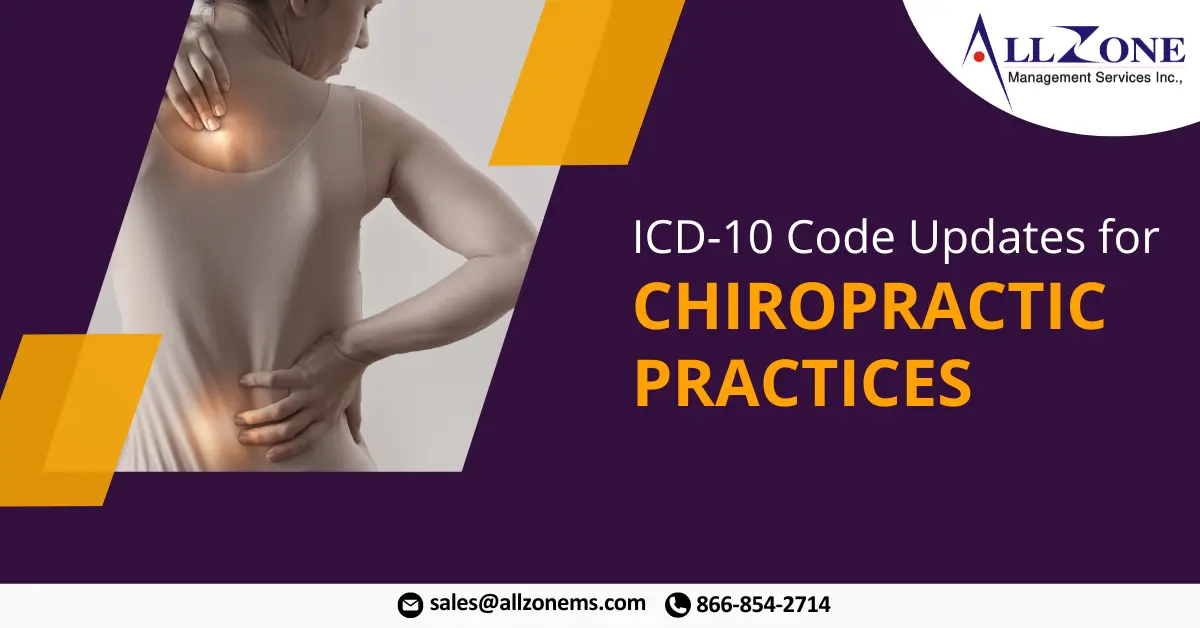Each year, updates to CPT codes are introduced to reflect advancements in medical procedures and technologies, impacting billing and coding across multiple specialties. Effective January 1, these annual updates encompass new, revised, and deleted codes, along with updated coding guidelines. For 2025 CPT Code Updates, there are 270 new codes, 112 revised codes, and 49 […]
Staying abreast of HCPCS Level II code updates is crucial for healthcare providers seeking accurate reimbursement. These codes, particularly HCPCS Level II G codes for Procedures & Professional Services, play a pivotal role in billing for services not covered by CPT® codes. Let’s delve into some key G codes and their implications for your practice. […]
In the complex world of healthcare, accurate medical coding is the linchpin of a healthy revenue cycle. For US-based medical practices, hospitals, and billing companies, efforts to Improve Medical Coding Quality directly translate to timely and accurate reimbursements. Errors in coding can lead to denied claims, compliance issues, and significant financial losses. This blog post […]
The U.S. Department of Health and Human Services (HHS) Office of Inspector General (OIG) recently conducted a review of Medicare Severity Diagnosis Related Groups (MS-DRGs) that required more than 96 consecutive hours of mechanical ventilation. The audit focused on compliance with Medicare payment requirements and accurate Mechanical Ventilation Coding and code assignment. A total of […]
Claim denial rates are a significant challenge for healthcare providers, with substantial variations based on payer type, location, and specific insurance companies. To understand these variations, it’s crucial to analyze the specific claim denial codes issued by each payer. While the industry standard for claim denials hovers between 5% and 10%, certain payers, notably those […]
Continuing our exploration of commonly misunderstood areas in medical coding, today, we focus on pain coding, specifically addressing ICD-10 Pain Coding. Pain is one of the most frequent reasons patients seek medical attention. As published by the National Institutes of Health (NIH), pain is the leading complaint that drives individuals to healthcare providers. Most people […]
The Centers for Medicare & Medicaid Services (CMS) initiated the educational and operations testing phase of the Appropriate Use Criteria (AUC) program. During this period, Medicare Administrative Contractors (MACs) began accepting AUC-related modifiers and HCPCS G-Codes on claims for advanced diagnostic imaging services provided to Medicare Part B patients. Understanding AUC Program Requirements Under the […]
Functional Endoscopic Sinus Surgery (FESS) is a minimally invasive procedure performed endoscopically on the nasal and sinus cavities. It is widely used to treat chronic sinusitis and related symptoms, including congestion, persistent drainage, post-nasal drip, headaches, and facial pain. Understanding and applying the correct FESS CPT code is essential because FESS coding can be complex, […]
Medical coding and billing are critical components of the healthcare revenue cycle. They ensure that healthcare providers receive proper reimbursement for the services rendered. However, the ever-evolving regulatory landscape, shifting payer policies, and technological advancements present numerous Medical Coding & Billing Challenges. These challenges significantly impact the efficiency and accuracy of the revenue cycle. As […]
Selecting a diagnosis code based solely on intuition is not enough. Each diagnosis must be supported by clear clinical rationale, documented in the care plan, and recorded in the patient’s chart notes. Staying informed about Code Updates for Chiropractic Practices ensures accuracy, compliance, and proper reimbursement for services rendered. Coding Best Practices Symptom vs. Diagnosis […]


